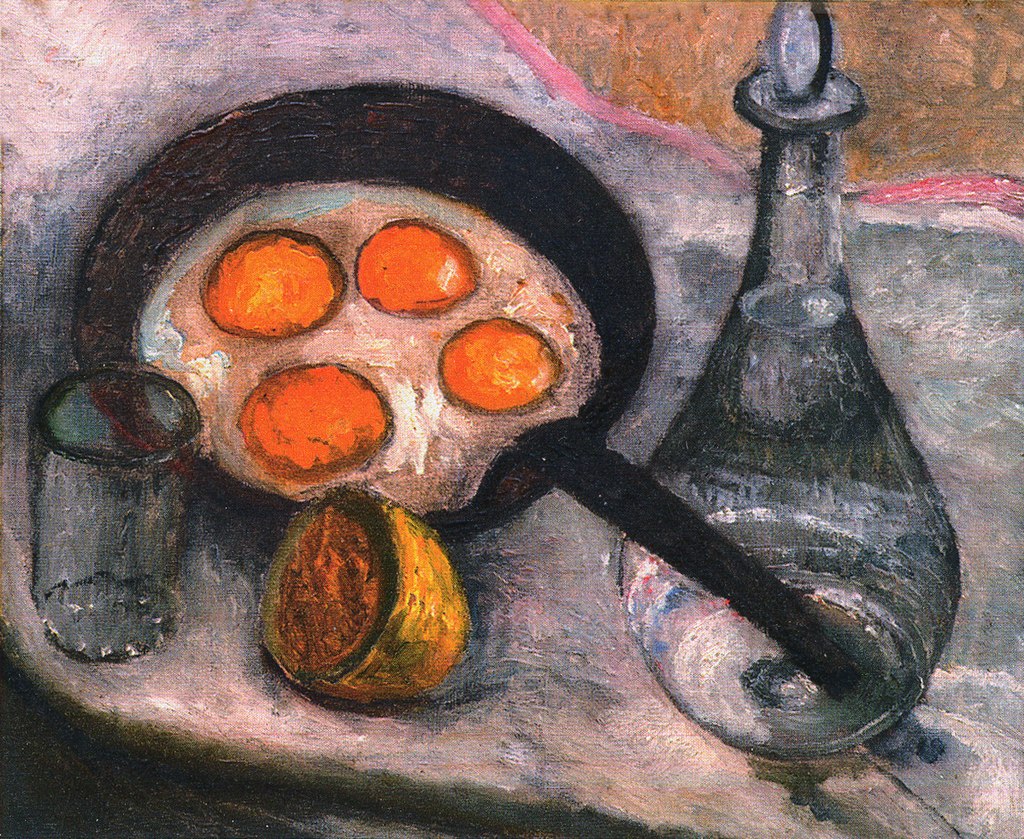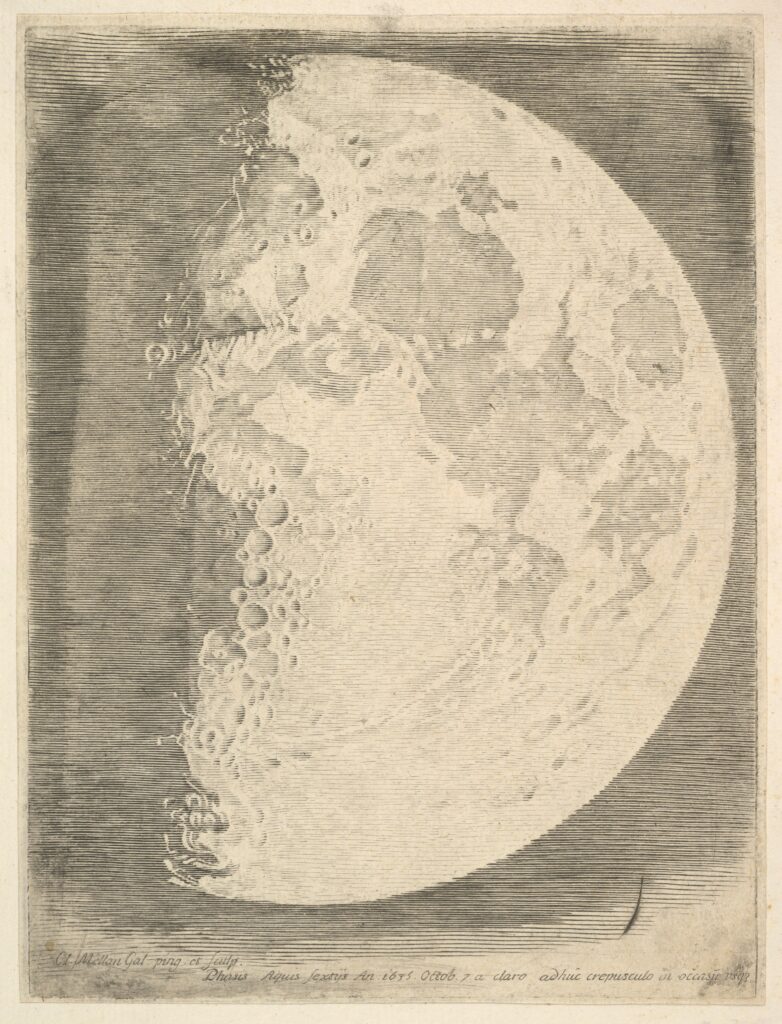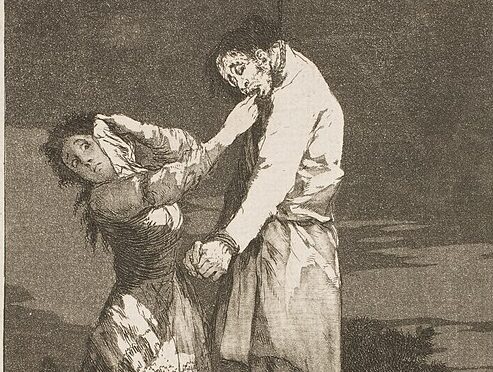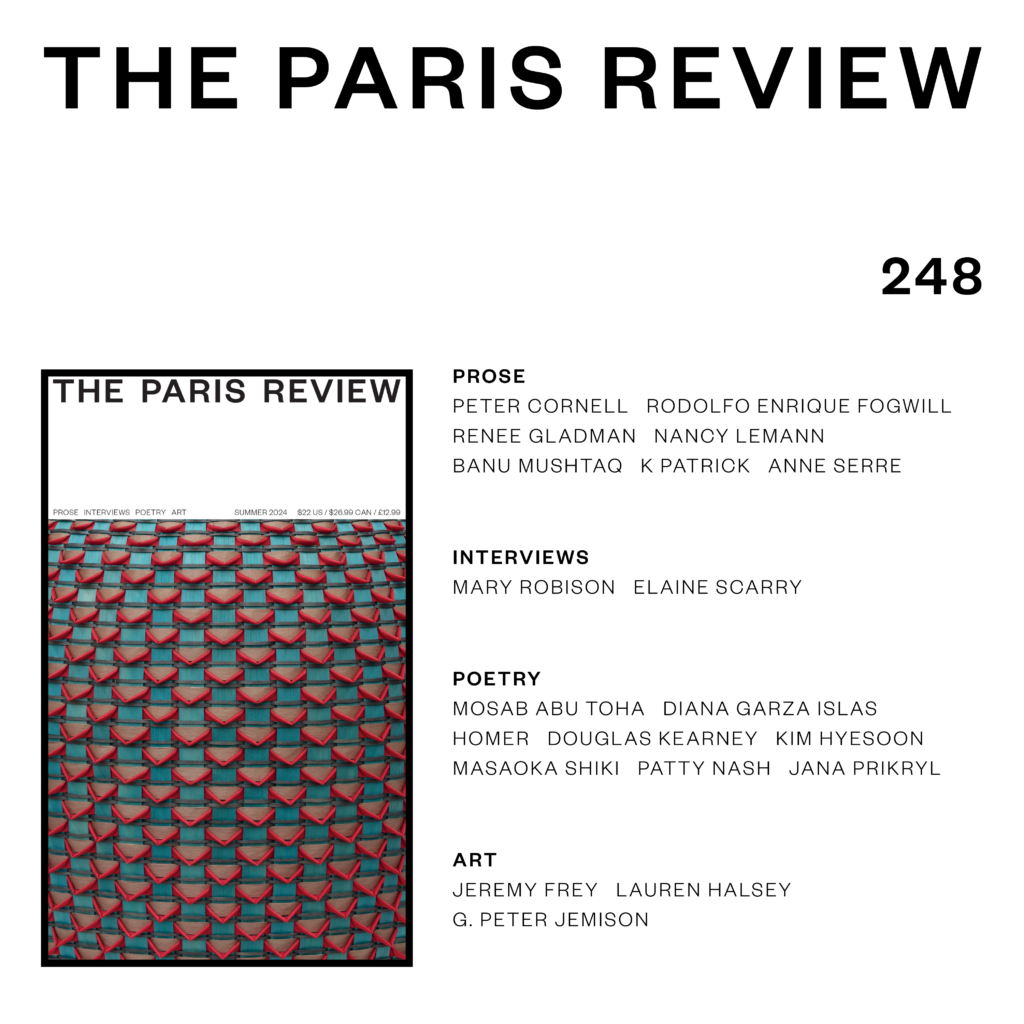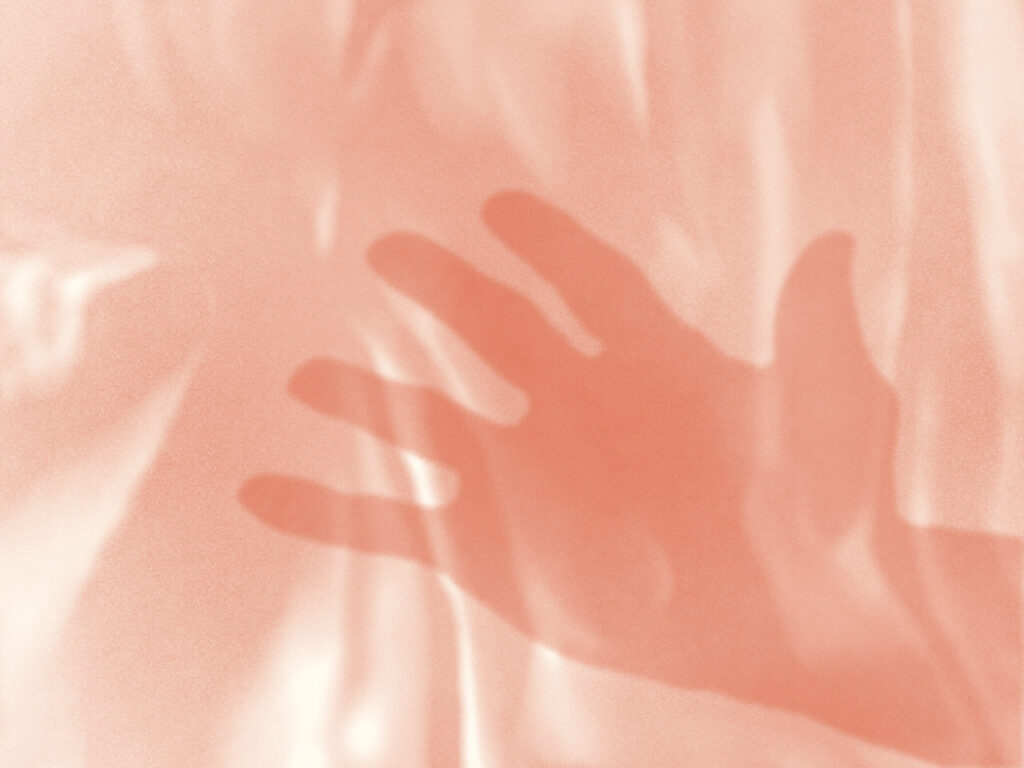Bury Your Gays: the latest tongue-in-cheek name for authors’ tendency to end queer relationships by killing somebody off, or having someone revert to heterosexuality, or introducing something that abruptly ends a queer storyline. The message: queer love is doomed, fated for tragedy. The trope has existed for decades, and although there are plenty of books and movies and television shows now that aren’t guilty of it, Bury Your Gays is by no means a thing of the past. In 2016, the death of The 100 character Lexa reintroduced Bury Your Gays to a whole new generation and reminded seasoned viewers—who could recall the infamous death of the character Tara Maclay on Buffy the Vampire Slayer—that the trope was alive and well. More recently, Killing Eve’s series finale reminded viewers yet again.
Joanna Russ (1937–2011), who wrote genre-bending feminist fiction throughout the seventies and whose The Female Man (1975) catapulted her to fame at the height of the women’s movement, agonized over Bury Your Gays. In 1973, Russ was writing On Strike Against God (1980), an explicitly lesbian campus novel about feminist self-discovery and coming out. But her head was, in her words, “full of heterosexual channeling.” She felt constrained—enraged, often—by the limited possibilities for how to write queer life, but she struggled to imagine otherwise. “How can you write about what really hasn’t happened?” Russ appealed to her friend, the poet Marilyn Hacker, as she pondered the relationship between life and literature for people whose identities, desires, and ambitions were erased and denounced by mainstream culture. Everywhere Russ turned, women (and especially queer women) were doomed: “It was always (1) failure (2) the love affair which settles everything,” in life and literature alike. Russ’s was a quest to examine, deconstruct, and reconstruct the elements of storytelling so that readers with deviant lives and desires might find themselves—their dreams and plights, lusts and fears—plausibly and artfully borne out in fiction, and it was a quest she undertook in dialogue with Hacker over the course of many years.
The letters published today on the Paris Review’s website offer a window into Russ and Hacker’s shared, decade-long attempt to wrest language—prose fiction in Russ’s case, poetry in Hacker’s—from the grips of patriarchal convention and to remake it in the service of underwritten lives. This window reveals Russ’s frustration at its most potent: On Strike Against God was her first foray as a seasoned author into a genre—realism, or literary fiction—she had enthusiastically abandoned years before. As an adolescent reader of “Great Literature” in the repressive fifties, Russ had become “convinced that [she] had no real experiences of life.” Great Literature—not to mention her educators, psychologists, and friends’ parents—told her that, despite the evidence of her eyes and ears, her inner life, and the experiences that shaped it, “weren’t real.” And so she turned to science fiction, which concerned itself with the creation and navigation of new worlds, within which gender roles could be either peripheral or malleable or both. She embraced speculative fiction as a “vehicle for social change,” a tool for escaping the “profound mental darkness” that engulfed her youth. On Strike Against God marks Russ’s return to the real world as a subject for fiction, and the real world’s bigotries were there to greet her upon arrival—in life, in fiction, and in her own head.
Russ’s struggles upon returning to “realistic” fiction were not, of course, simple failures of imagination, just as Bury Your Gays isn’t simply a failure of individual creativity, nor is it (necessarily) evidence of an individual creator’s homophobic intent. “Authors do not make their plots up out of thin air,” Russ explains in “What Can a Heroine Do? or Why Women Can’t Write” (1972). They work with familiar, well-worn attitudes, beliefs, expectations, events, and character types—Russ calls them “plot-patterns”—that are already available to them, modeled for them by extant works of art. Like all “plot-patterns,” Bury Your Gays dramatizes what mainstream culture “would like to be true” and, indeed, what it took pains to enforce as true, especially in the early twentieth century. The Motion Picture Production Code—“the Hays Code”—instated by the Motion Picture Association of America in 1930 and enforced until 1968, threatened all depictions of “perverted” sex acts with censorship—unless, that is, these perverted acts, people, and relationships were shown to suffer consequences. This meant that, to depict gay life and love without fear of censorship, creators had to punish their characters with death, madness, or heterosexuality. The result? Hundreds of works of narrative art—lesbian pulps, gay films—with devastating endings. The message, for decades: homosexuals were bound for lives of loneliness.
